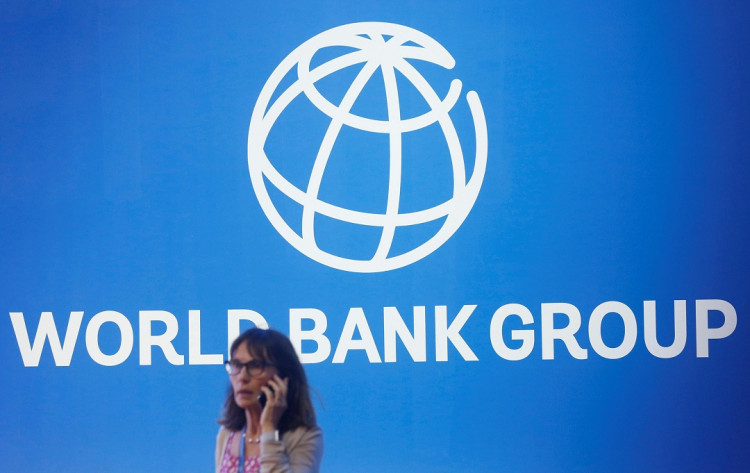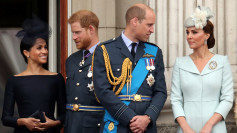The World Bank's executive board authorized a $723 million loan and packages for Ukraine on Monday, giving much-needed government budget help as the country fights the Russian invasion.
According to the bank, the package will include a $350 million loan supplement to a previous loan that the World Bank has approved, and augmented by nearly $140 million in loan guarantees from the Netherlands and Sweden.
The package will also include financial support worth around $134 million from the United Kingdom, Denmark, Latvia, Lithuania, and Iceland, as well as $100 million in parallel finance from Japan.
The World Bank's budget support loans normally have no technical or other constraints on how the funds can be spent or allotted, but the bank claims that the "fast-disbursing" assistance will help Ukraine's government deliver key services, pay hospital staff, fund pensions, and continue social programs.
"The World Bank Group is moving quickly to assist Ukraine and its people in the face of the Russian invasion's violence and significant disruption," said World Bank President David Malpass in a statement.
The World Bank Group said it firmly stands with the people of Ukraine and the country's fight for sovereignty.
"This is just the beginning of numerous initiatives to address the crisis's far-reaching human and economic consequences," Malpass added.
As events unfolded, the United States' ambassador to the United Nations warned that the world should prepare for a "very long road ahead" in Ukraine.
As fighting continues in Kyiv, Ukrainian President Volodymyr Zelenskyy refuses to leave.
Meanwhile, the International Court of Justice (ICJ) of the United Nations in The Hague, Netherlands, heard arguments from Ukraine, which asked the court to halt Russia's aggression against the country. Russia declined to take part in the proceedings.
On Monday, the United Nations urged for the secure transportation of humanitarian aid supplies.
According to Josep Borrell, the EU's top diplomat, up to five million refugees could seek asylum in the EU.
German Chancellor Olaf Scholz stated that Germany would continue to exempt energy deliveries from Russian sanctions, citing the necessity to safeguard Europe's energy supply and keep German firms operating.
The World Bank said it was working on a new $3 billion package of help for Ukraine in the coming months, as well as more aid for neighboring countries that are hosting Ukrainian refugees, who number more than 1.7 million and are largely women, children, and the elderly.






